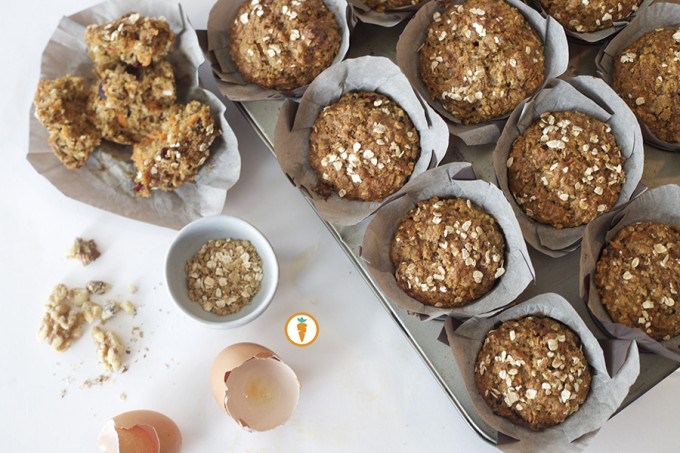Photography purchased from Shutterstock.
In recent months, the sweet ingredient itself – sugar – has been busy making headlines. If you don’t already know why, you should. Consuming too much sugar is not beneficial to our health. It’s associated with a variety of health conditions, so it’s important to know the facts.
So what is sugar? Simply put, sugar is a carbohydrate that provides energy (calories) to our bodies. Other than that purpose, sugar has no specific nutritional benefit (for example, it isn’t high in iron or other nutrients). In other words: beyond carbs, sugar isn’t doing much for you. (Remember that we all need carbs in our diets, but not without some healthy limits).
Where is sugar found? Sugars can occur naturally in many foods. We can’t do much about that type of sugar. For example, milk, fruit, some vegetables, and grains contain sugar. Sugar can also be added to foods and drinks to enhance the flavor, texture, or to preserve a food such as in jams and jellies. This is where you want to keep an eye open!
What’s the problem? Canadians are consuming a lot of foods with added sugars. This is the type of sugar you want to be worry about and be conscious about controlling. Over time, a high intake of sugar can increase your risk of heart disease, stroke, obesity, diabetes, cancer and high cholesterol.
In a day, you may consume two cookies, a bowl of cereal, a few glasses of juice or a cola beverage, a handful of dried mango, and fruit flavored yogurt – what’s the common thread? All of these foods are very likely laced with hidden sugars that have been added by manufacturers (or consumers via that handy spoon in the sugar bowl). Now, if you’re getting most of your calories from whole foods that come from the earth and eat little in the way processed foods, then no need to worry – you’re likely on the right track.
Did you know a glass of orange juice is pretty much equivalent to eating 3 or 4 oranges all at once? Would you eat that many oranges in one sitting? Not to mention you miss out the bountiful load of fibre and phytochemicals that get lost in the processing. And about that tempting can of cola: it contains about 10 teaspoons of sugar with no nutritional value whatsoever. Would you ever dare to place 10 teaspoons of sugar into your coffee? (Or, better yet, would you pop 10 sugar cubes in your mouth?). I think (or hope!) not.
So, what can you do?
- Get informed. Get in the habit of reading nutrition labels and ingredient lists. Usually anything that ends in an “-ose” or “-ide” is a hidden form of sugar (monosaccharide, dextrose, maltose etc).
- Limit the amount of processed foods you eat.
- Load up on fresh, canned or frozen fruits and veggies that are loaded with fibre, water content, and other nutrients.
- Reduce the amount of sugar you use in your coffee, baking & preparation of other foods.
- Sip smart. Instead of gulping down heaps of juices and soda beverages, try sipping on low fat milk, water, or even plain soda water.
The bottom line: Just because we need to be informed of sugar consumption doesn’t mean you need to forgo making your favorite chocolate chip cookie, never ever make pavlova again or never sip on that fizzy cola drink. What it means is you not only need to know where/what sugar is, your body deserves to know. Another tid bit in case you’re wondering: my favorite sugar substitute lately has been honey and agave nectar; still sugar, but with more of the natural good stuff.
For more information about sugar visit www.dietitians.ca or visit the Heart and Stroke Foundation for their position statement on this hot topic!
- With Love, Carrots and Cake,


I enjoyed this article. I am a firm believer sugar consumption should of far greater concern than it is with most people. I often use honey, pure maple syrup, or coconut sugar. (The fist two I try to use local sources)
Hi Jessica. Thanks for sharing! I haven’t tried coconut sugar yet–but my favorite is honey! I managed to find some that also is laced with maple syrup. Perfect for my morning coffee!